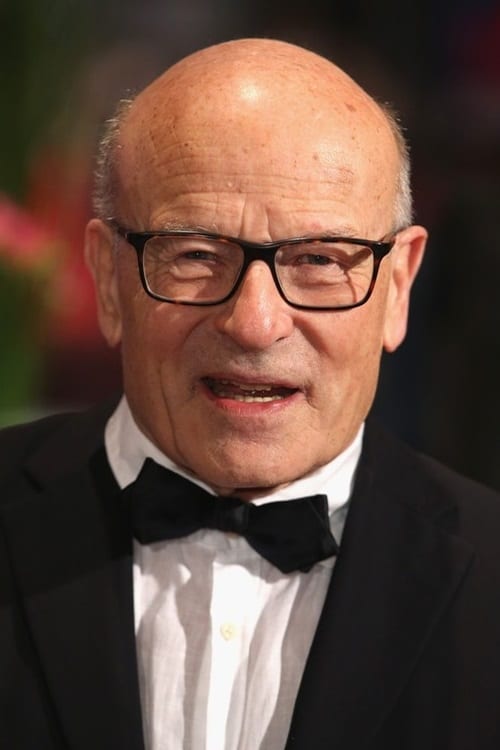
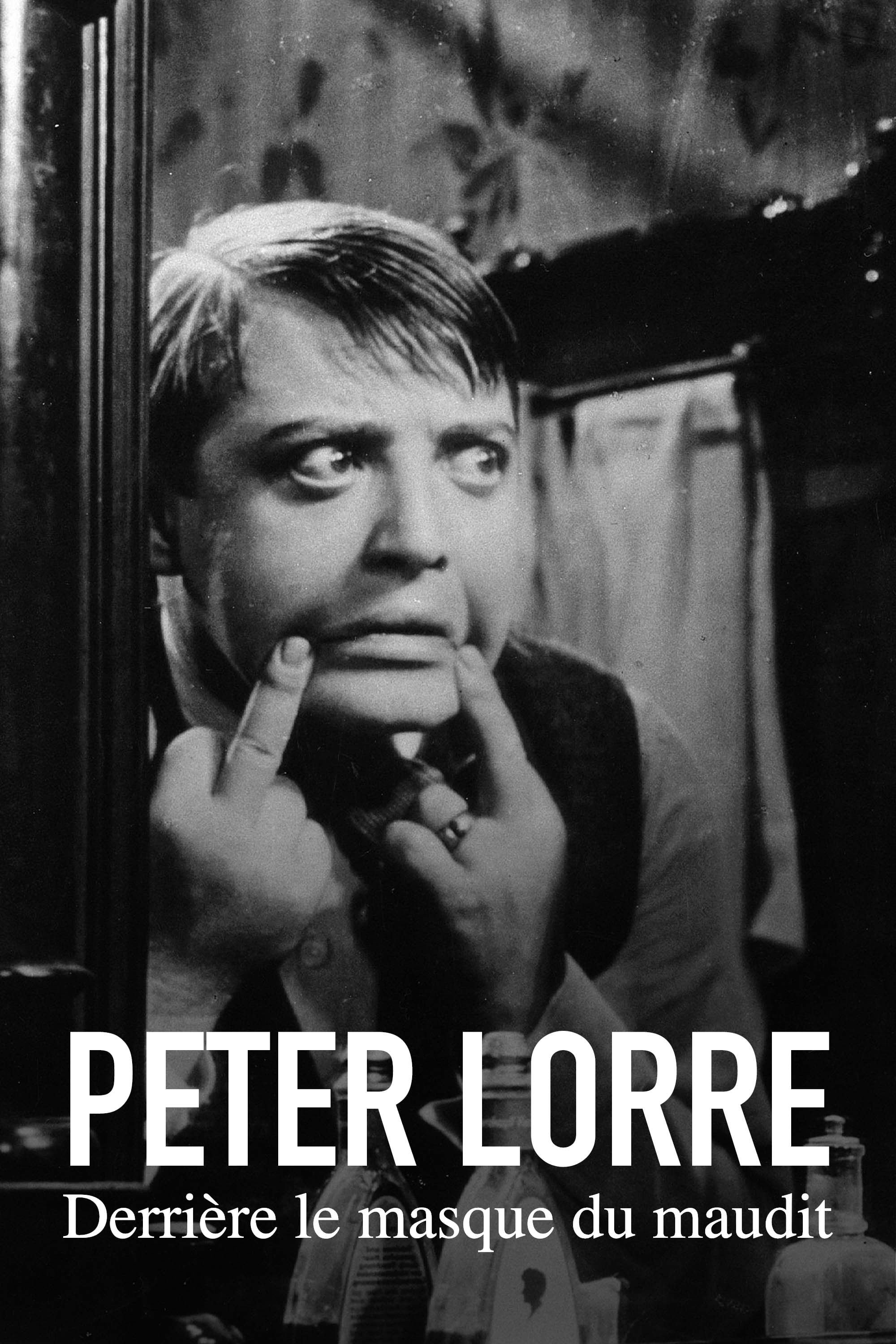
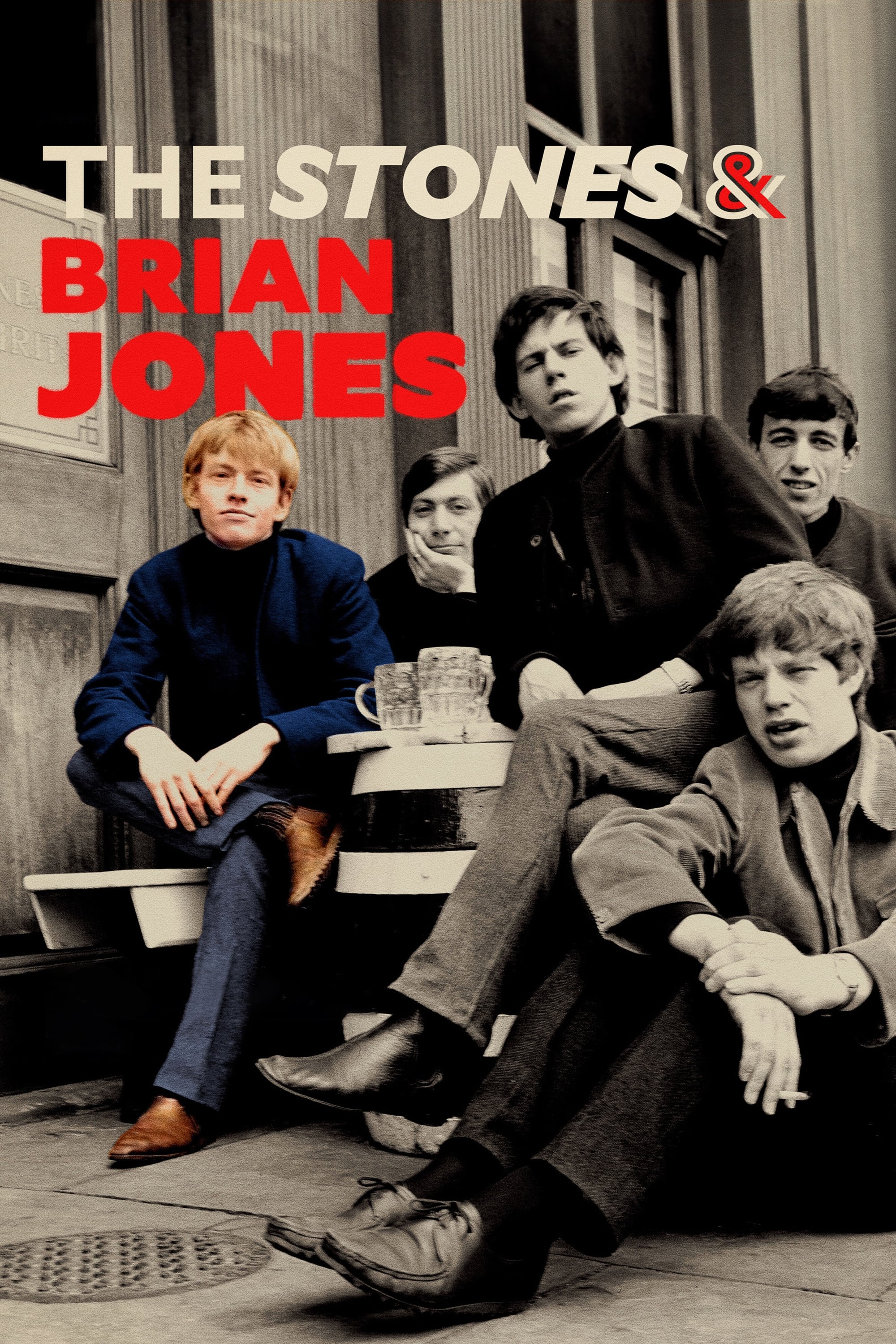
A look at the relationships and rivalries within The Rolling Stones in their formative years, as well as the creative musical genius of Brian Jones, key to the success of the band.
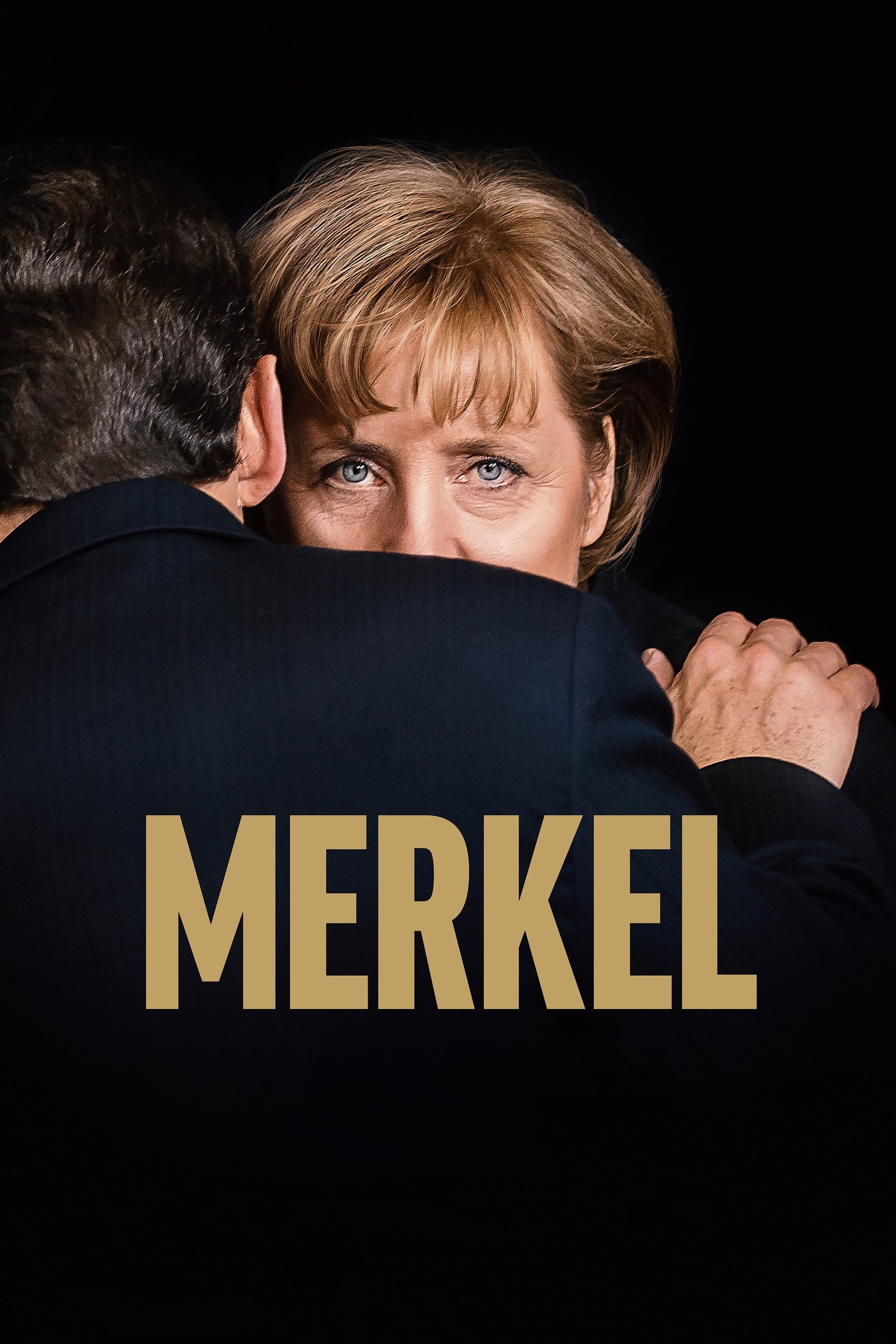
Driven by extensive archive material and interviews with those who know her, this is the astonishing story of how a triple outsider – a woman, a scientist, and an East German – became the de facto leader of the “Free World”, told for the first time for an international audience.
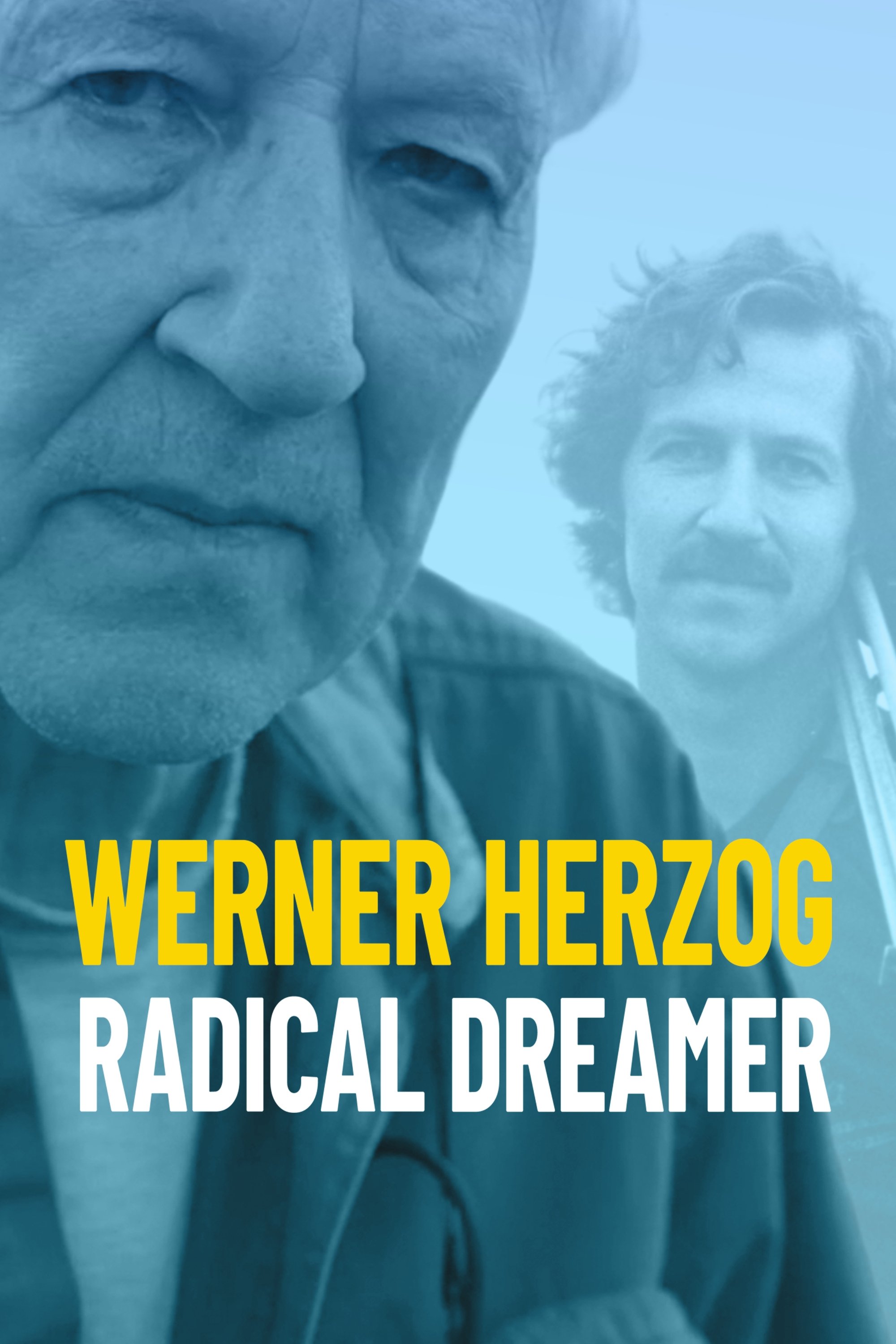
With exclusive behind-the-scenes access into Herzog’s everyday life, rare archive material and in-depth interviews with celebrated collaborators – including Christian Bale, Nicole Kidman, and Robert Pattinson, we are given an exciting glimpse into the work and personal life of the iconic artist.
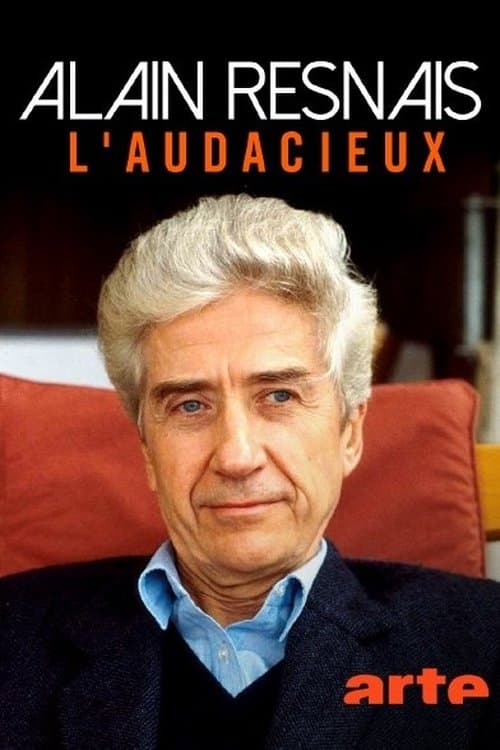
A genius inventor of forms, Alain Resnais is one of the fathers of cinematic modernity. This portrait, rich in archives, looks back on the career of a discreet non-conformist, in perpetual search of renewal to fight against anxiety.
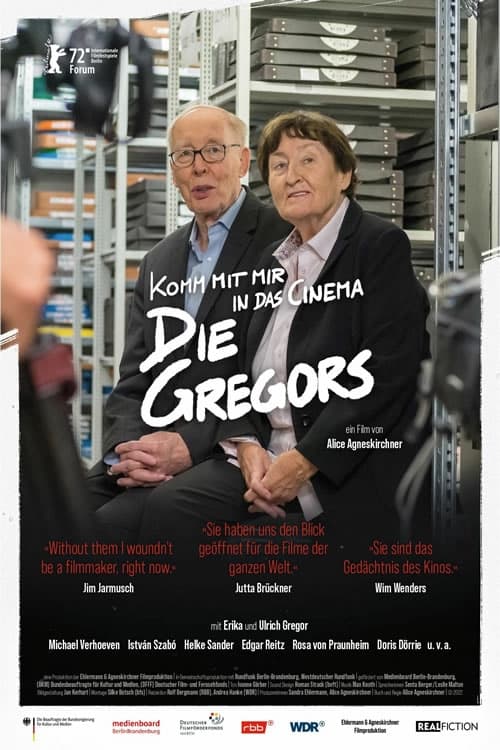
From the 1950s onwards, Erika and Ulrich Gregor brought countless film historical milestones to Berlin and shaped cinema discourse in post-war Germany. A look at the life and work of the couple without whom Arsenal and the Forum wouldn’t exist.
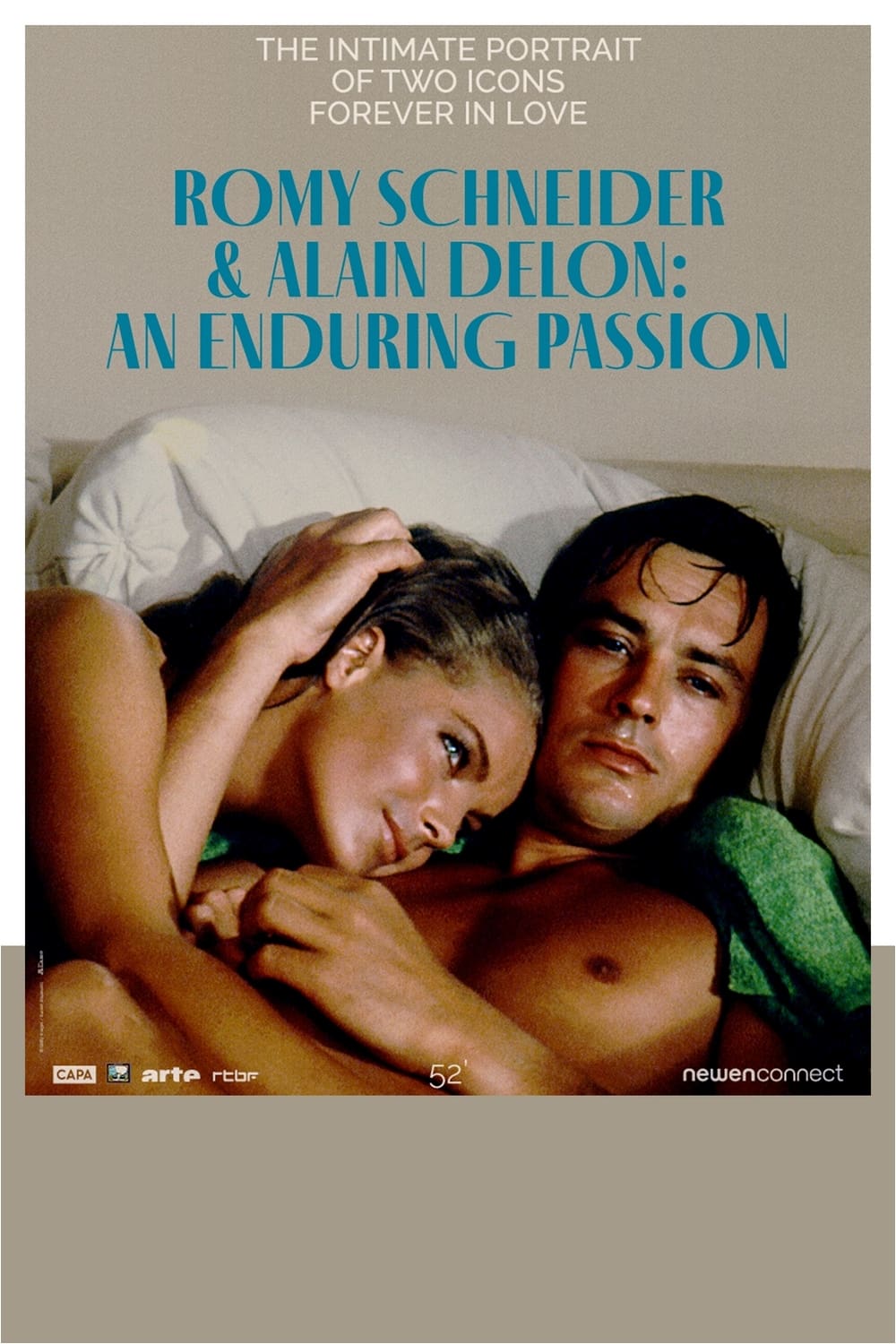
Austrian actress Romy Schneider (1938) and French actor Alain Delon (1935), once fervent lovers in the early sixties, maintained a close friendship and a certain working relationship after their breakup until her death in 1984: a universal and eternal love.
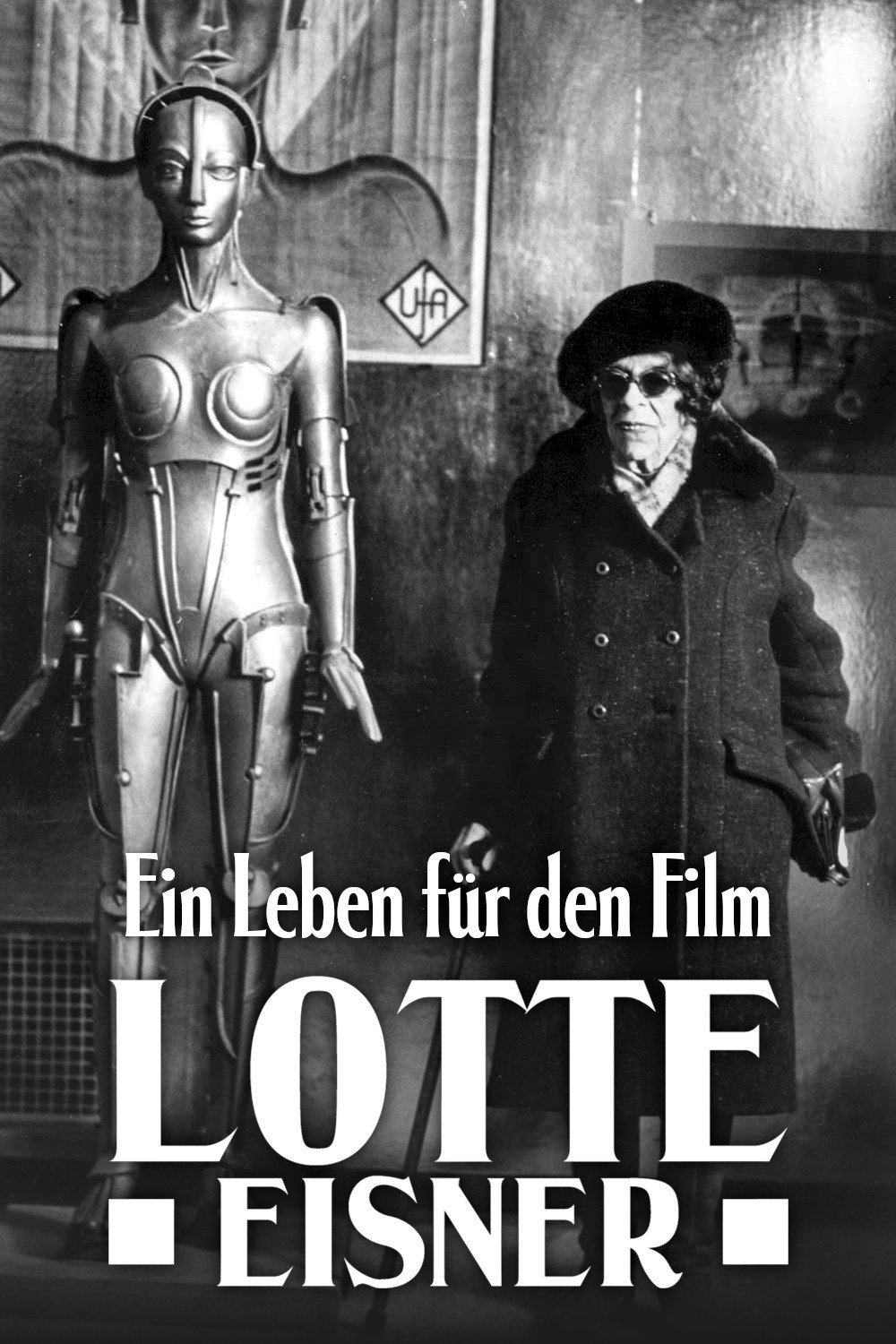
Born in Berlin in 1896, Lotte Eisner became famous for her passionate involvement in the world of both German and French cinema. In 1936, together with Henri Langlois, she founded the Cinémathèque Française with the goal of saving from destruction films, costumes, sets, posters, and other treasures of the 7th Art. A Jew exiled in Paris, she became a pillar of the capital's cultural scene, where she promoted German cinema.
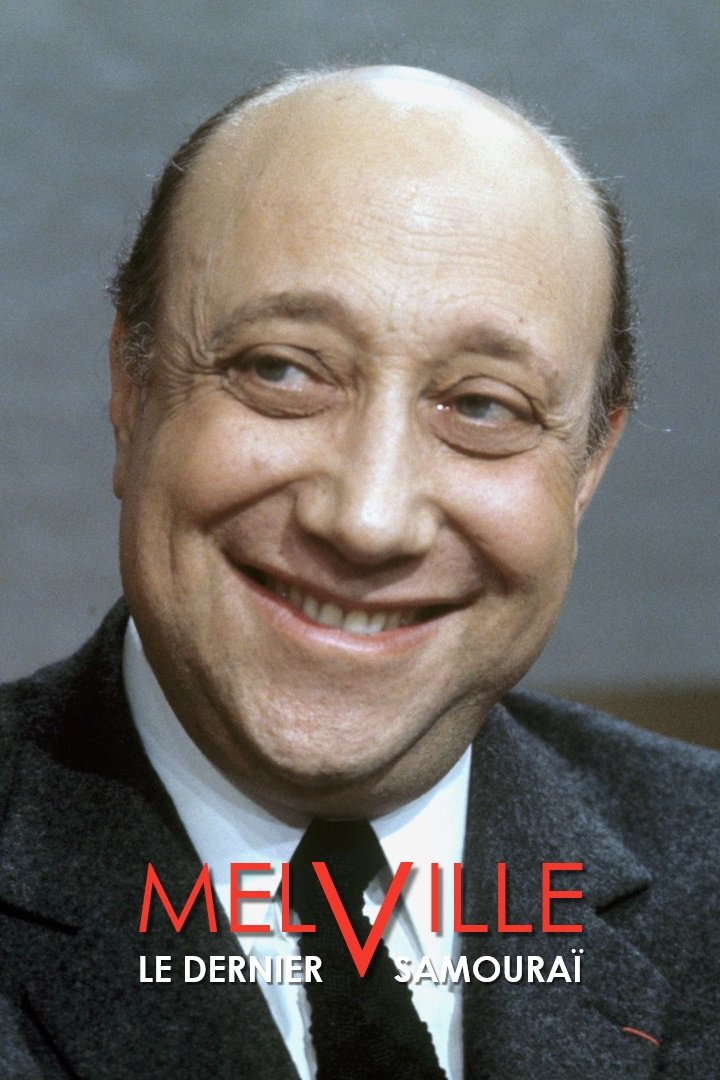
Like nobody else Jean-Pierre Melville influenced modern filmmaking. This documentary follows his creative process step by step, showing him becoming the father of the Nouvelle Vague and one of the most iconic directors of French cinema.
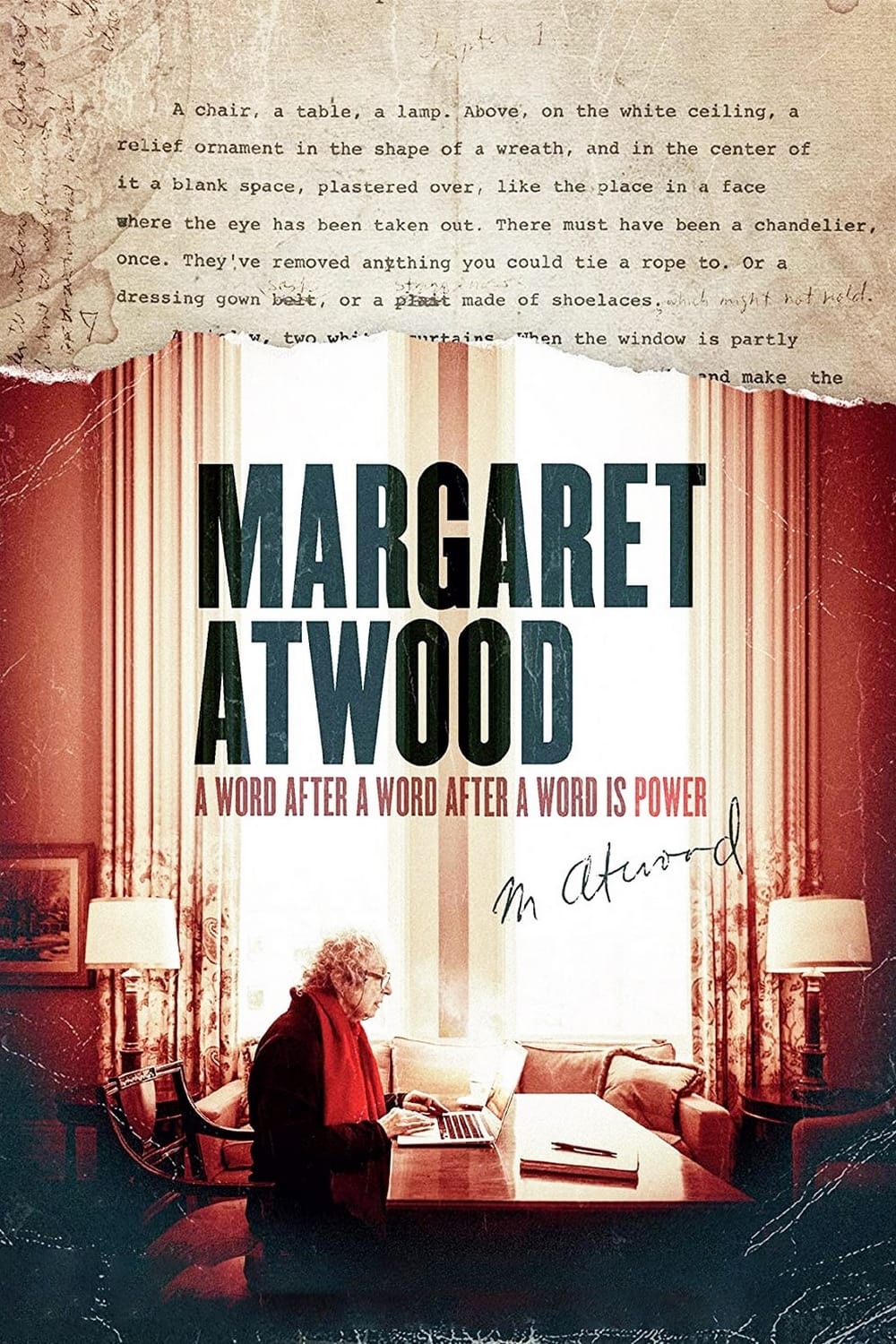
The views and thoughts of Canadian writer Margaret Atwood have never been more relevant than today. Readers turn to her work for answers as they confront the rise of authoritarian leaders, deal with increasingly intrusive technologies, and discuss climate change. Her books are useful as survival tools for hard times. But few know her private life. Who is the woman behind the stories? How does she always seem to know what is coming?
Volker Schlöndorff is a Berlin-based German filmmaker. He won an Oscar as well as the Palme d'or at the 1979 Cannes Film Festival for The Tin Drum (1979), the film version of the novel by Nobel Prize-winning author Günter Grass. In 1991, he was the Head of the Jury at the 41st Berlin International Film Festival. Schlöndorff has adapted many literary works for his movies, including some critically well-received US productions, but he is also engaged in post-war German politics. He served as the chief executive for the UFA studio in Babelsberg. Schlöndorff also teaches film and literature at the European Graduate School in Saas-Fee, Switzerland, where he conducts an Intensive Summer Seminar. He was married to fellow film director Margarethe von Trotta from 1971 to 1991. He is currently married to Angelika Schlöndorff, and the couple has one daughter.
By browsing this website, you accept our cookies policy.